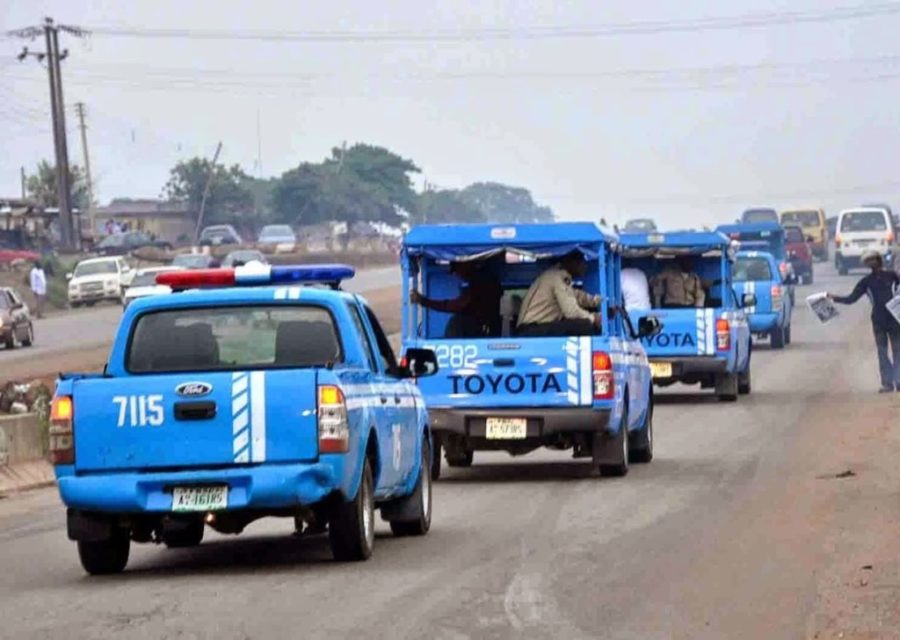Nyanya Explosion: FRSC Seeks Enforcement Of Truck Safety Regulations

The Federal Road Safety Corps (FRSC) has called on state governments and relevant authorities to strengthen the enforcement of road safety regulations, particularly concerning truck standards and driver conduct.
The appeal comes in the wake of a tragic tanker explosion on the Nyanya–Mararaba expressway, which resulted in multiple casualties and property damage.
FRSC spokesperson, Olusegun Ogungbemide, speaking in an interview with the News Agency of Nigeria (NAN) on Wednesday in Abuja, attributed the incident to the failure of a cement-laden Dangote truck’s brakes.
“The truck’s brakes failed, causing it to collide with vehicles in a gridlock, sparking a fatal inferno,” Ogungbemide said. “At the time of rescue operations, our priority was evacuation. But from preliminary investigations, it was not a CNG truck,” he Ogungbemide
He expressed concerns over the poor condition of many trucks on Nigerian roads, while highlighting issues such as inadequate maintenance, reckless driving, and disregard for safety regulations.
Ogungbemide noted that Nigeria lacks a national policy restricting the movement of articulated vehicles during specific hours, leaving individual states to implement their own controls.
“At the national level, there is no policy determining when trucks and tankers should move. However, some states have regulations in place,” he explained.
He revealed that following the Nyanya-Mararaba explosion, authorities in the Federal Capital Territory (FCT) reinforced an existing restriction that prevents articulated vehicles from operating between 3 p.m. and 10 p.m., as well as between 6 a.m. and 12 p.m.
“I know that our FCT command has been working with other agencies to enforce this, but the strength of that enforcement is another issue,” Ogungbemide added.
The FRSC spokesperson emphasised that the agency has implemented several policies to curb accidents involving heavy-duty vehicles, including the Road Transport Safety Standardisation Scheme (RTSSS) introduced in 2007.
“No petroleum, diesel, or gas truck is expected to be loaded without our safety clearance. We now emphasize pre-loading checks to prevent unsafe trucks from hitting the road,” he said.
Ogungbemide also warned that ensuring road safety requires stricter control over the quality of vehicles allowed into the country, as many of the trucks currently in use have outlived their lifespan.
“The high dependence on road transport, due to weak alternatives like rail and waterways, continues to put enormous pressure on the highway network. Until other modes of transport are developed, the risks on our roads will remain high,” he stated.
He also assured that the FRSC would release a full report on the Nyanya-Mararaba crash once investigations are concluded.
He reaffirmed the agency’s commitment to ensuring safer highways and called on all stakeholders—including fleet operators, regulatory bodies, and state governments—to play their part in enforcing safety regulations.
“Our goal is to reduce the frequency of these tragic incidents. With proper enforcement and cooperation, we can make our roads safer for all Nigerians,” he added.
Nyanya Explosion: FRSC Seeks Enforcement Of Truck Safety Regulations is first published on The Whistler Newspaper





